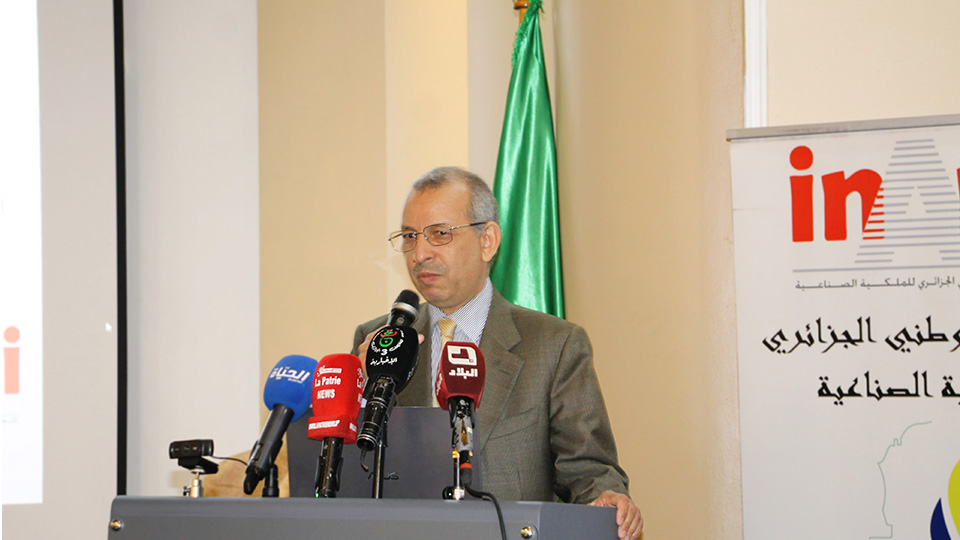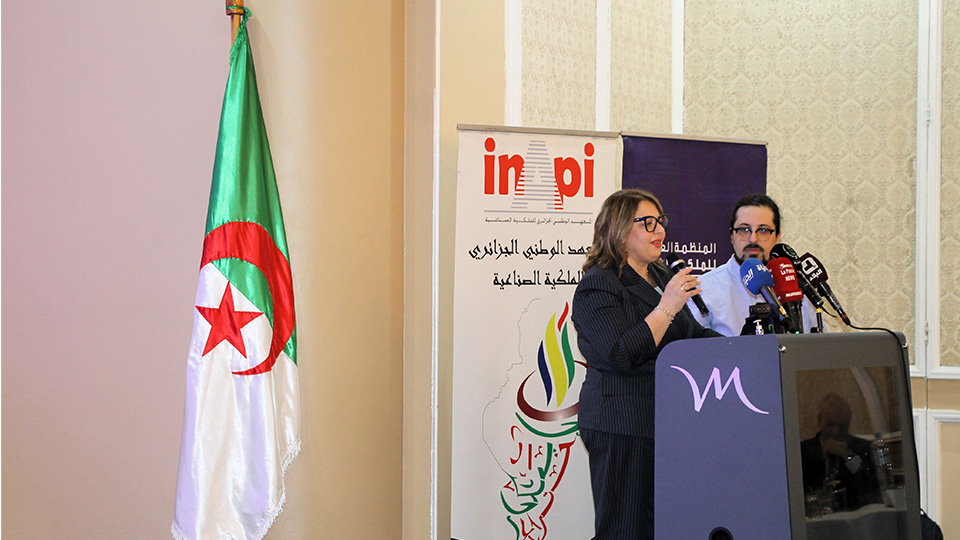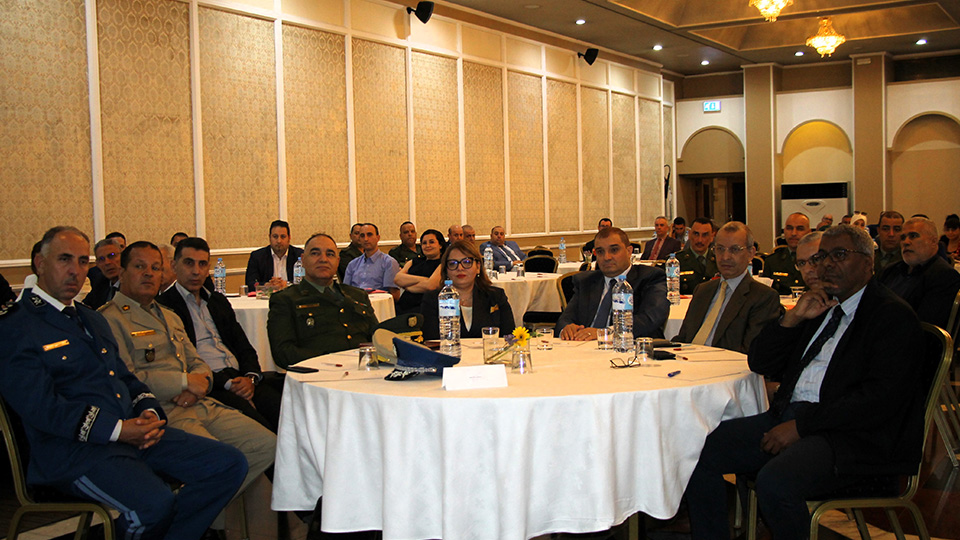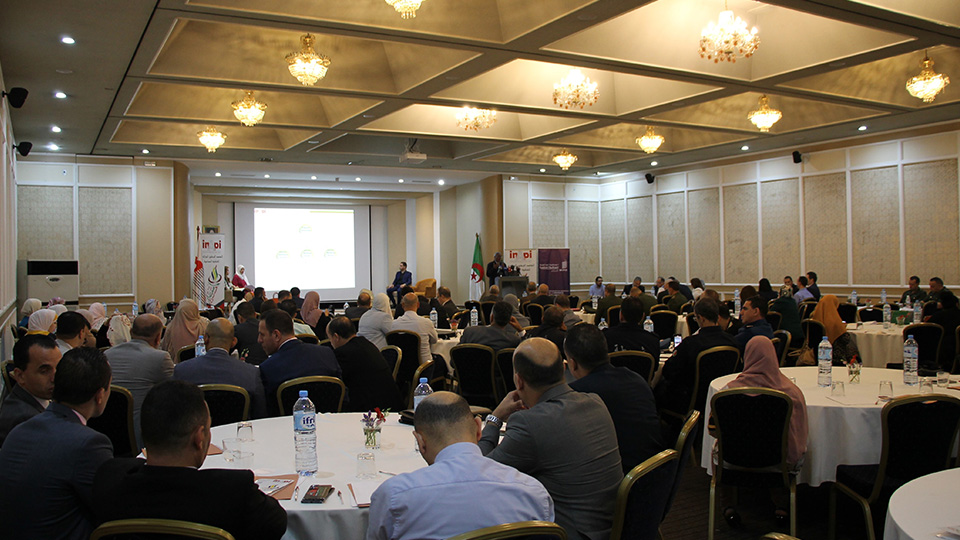Training workshop for judges on IP dispute resolution
June 13, 2024
On June 5, 2024, the National Industrial Property Institute of Algeria (INAPI), in conjunction with the World Intellectual Property Organization (WIPO) and the Court of Algiers, held a training workshop for judges on IP dispute resolution.
The workshop brought together more than over a hundred judges, lawyers and other law enforcement personnel.


Douniazed Guellati, President of the Court of Algiers, opened the workshop, which she described as a timely forum for exchanging views on and discussing intellectual property (IP). Noting the importance of IP at a time of great economic and technological change, she said that the related Algerian legal framework offered full protection to innovators and creators and that the number of IP disputes being heard by the courts was growing.
Abdelhafid Belmehdi, Director General of INAPI, presented an in-depth introduction to industrial property and highlighted the most common types of dispute. He added that the Institute stood ready to assist courts at all levels.
Mohamed Saleck Ahmed Ethmane, Director of the WIPO Algeria Office, stated that IP was a key part of the economy the world over. The speed of technological progress and increasingly tough competition between economic players were presenting judges with many new issues. He underlined that technological advances had given rise to new ways of interacting between human beings and machines, new business models, and new types of infringement of rights. He then gave an overview of the bodies, tools and resources developed by WIPO to support the judicial authorities in Member States, assist with capacity-building and promote experience-sharing.


A series of presentations followed on specific aspects of IP disputes, leading to in-depth discussions that demonstrated the high degree of participants’ expertise and interest in the subject.
Samer Al Tarawneh, Legal Counsellor at the Building Respect for IP Division of WIPO, made a presentation on the global approach to enforcing IP rights.
Participants agreed that IP disputes were growing in number and complexity and that they often raised new legal issues that judges were called on to settle.
At the end of their deliberations, they adopted a series of recommendations addressing the need to adapt certain IP-related elements of the legal framework to new developments that had emerged and to the relevant international treaties. Particular mention was made of the impact caused by digital technologies on copyright and the challenges posed by artificial intelligence. The recommendations refer also to the need to train judges properly and to give them continuous learning opportunities so that they can keep abreast of the rapid developments in IP and the settlement of disputes arising therefrom.
The workshop enabled participants to deepen their knowledge of emerging IP issues, thereby helping to strengthen IP culture.